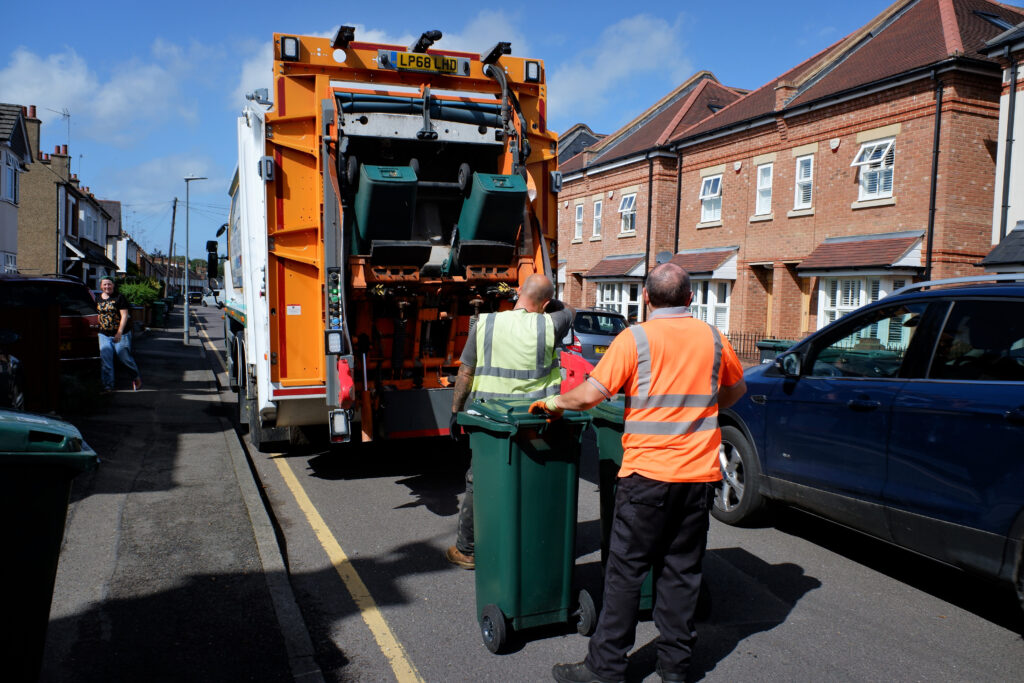Speaking at 'Vision 2020', an event organised by letsrecycle.com and the Associate Parliamentary Sustainable Resource Group, in London this week (January 19), Mr Herbert stressed that a Conservative government would ensure that both its fiscal and policy framework reflected the waste hierarchy.

Let me say that our commitment is for a floor under the tax, not a ceiling
Nick Herbert, shadow environment secretary
As well as creating long-term certainty for Landfill Tax, he said action would also be taken to reduce waste in the first place – claiming that voluntary agreements similar to the Courtauld Commitment had a role to play, and that more should also be done to promote reuse.
Mr Herbert reiterated the Conservative's commitment to put a floor under the £72 per tonne level that Landfill Tax will reach in 2013 (see letsrecycle.com story), but added: “Let me say that our commitment is for a floor under the tax, not a ceiling.”
“This approach will give businesses certainty for the next decade, as well as sending a strong message to companies that they can invest in new forms of waste disposal – using technology that we know already exists – with confidence,” he added.
Mr Herbert originally set out his plans for waste and recycling in July 2009 (see letsrecycle.com story), and, in this week's speech, he repeated his call for government to show a “greater ambition” to deal with waste sustainably.
He said government should “match the ambition with a strong signal that fiscal and other policy instruments will be deployed to achieve it”.
But, he also called for voluntary agreements alongside regulation, explaining that “waste cannot be regulated out of existence”. Instead Mr Herbert said the Conservatives would seek to pursue “an innovative approach that doesn't rely on the blunt instrument of regulation alone”.
Other policies advocated by Mr Herbert included support for RecycleBank, the US-devised scheme first introduced to the UK last year, which rewards householders for recycling.
He said: “I believe that we need to think far more creatively about how to reward consumers for doing the right thing and enable them to share in the value of the materials and energy which we can unlock from waste.”
Energy from waste
In terms of harnessing energy from waste, Mr Herbert said “far more” needed to be done to develop technologies such as anaerobic digestion (AD) to deal with waste that can't be recycled or reused.
The Conservatives plan to enable biogas produced from food and farm waste to replace up to half of residential gas heating, by changing the gas grid regulatory regime and introducing 'feed-in tariffs'.
Comparing the number of AD facilities in the UK unfavourably with the 2,500 in Germany, Mr Herbert said, “we need to move faster to harness this beneficial technology”.
And, he warned against always pursuing recycling and reuse ahead of energy from waste if it was not practical due to their not being a market for materials.
“Recycling is a near-religion to many of us, but we need to ensure that what we are doing makes environmental and economic sense and isn't just an article of faith,” he said.








Subscribe for free